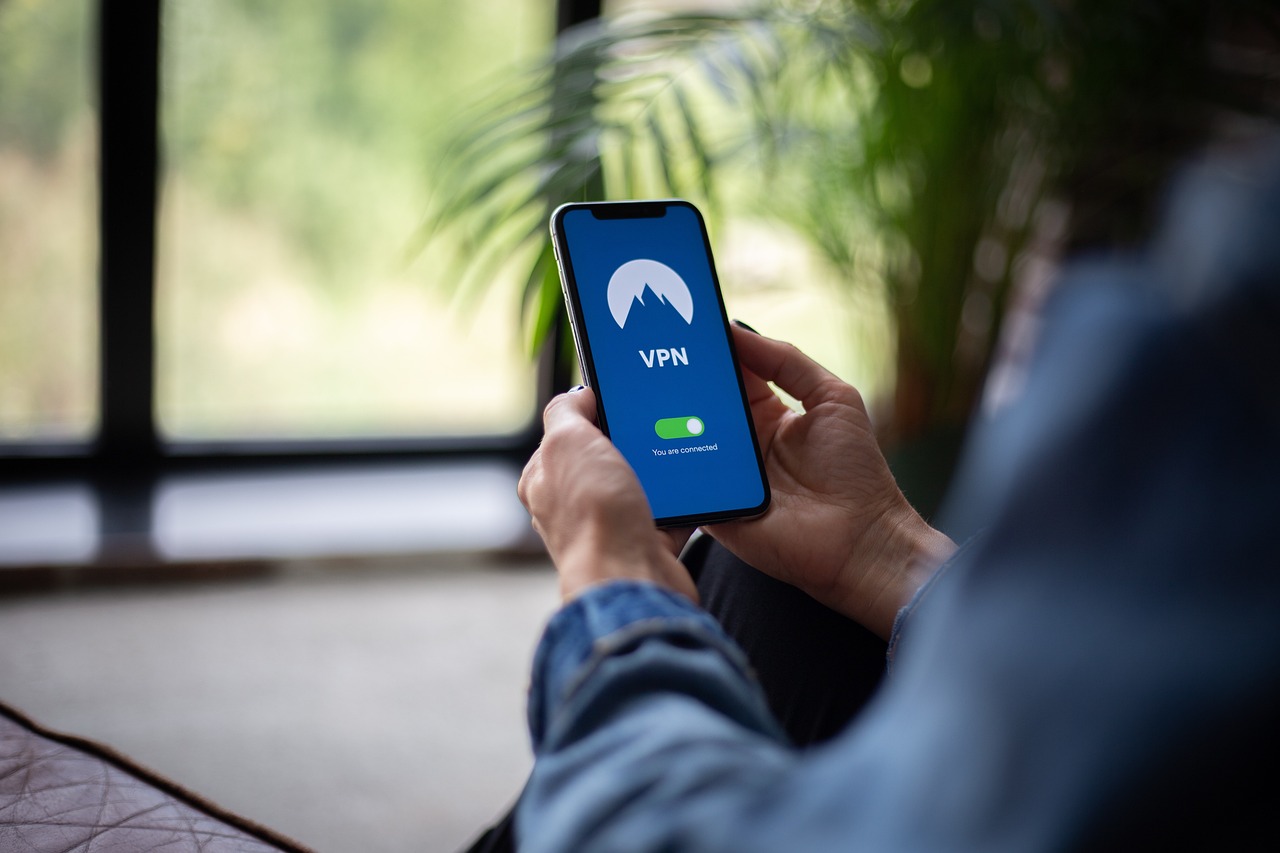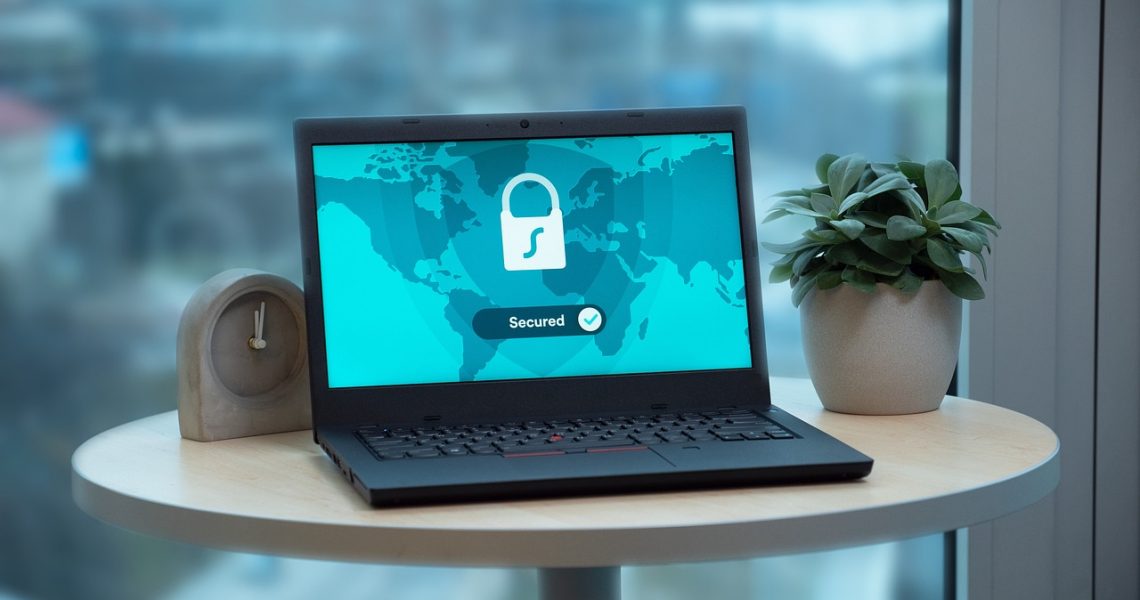How to Choose the Best VPN for Your Privacy Needs
In today’s interconnected digital landscape, protecting your online privacy has become more crucial than ever. With cyber threats evolving and data breaches becoming increasingly common, a Virtual Private Network (VPN) has transformed from a luxury into a necessity. Selecting the right VPN requires careful consideration of various factors to ensure your online activities remain private and secure.
Why You Need a VPN for Privacy Protection
The digital age has brought unprecedented connectivity, but it has also introduced significant privacy risks. From ISPs tracking your browsing history to cybercriminals seeking to exploit your personal information, the threats to online privacy are numerous and complex.
Understanding the Role of a VPN
A VPN creates an encrypted tunnel between your device and the internet, effectively masking your online activities from prying eyes. When you connect to a VPN server, your internet traffic is routed through this secure tunnel, making it virtually impossible for anyone to intercept or monitor your data.
| VPN Protection Aspects | Benefits |
|---|---|
| Data Encryption | Prevents unauthorized access to your information |
| IP Masking | Hides your real location and identity |
| DNS Protection | Prevents DNS leaks and tracking |
| Traffic Routing | Bypasses geo-restrictions and censorship |
Why Privacy Matters More Than Ever
The importance of online privacy continues to grow as our lives become increasingly digital. Here are critical reasons why privacy should be a top priority:
- Data Breaches: Major companies regularly face security breaches, exposing millions of users’ personal information
- Government Surveillance: Increased monitoring of online activities by various agencies
- Corporate Tracking: Companies collecting and selling user data for targeted advertising
- Cybercrime: Rising incidents of identity theft and financial fraud
- Public Wi-Fi Risks: Vulnerability to attacks when using unsecured networks
Key Features to Look for in a VPN
When evaluating VPN services, certain features are non-negotiable for ensuring robust privacy protection. The right combination of features will determine how effectively your VPN can protect your online activities.
Speed and Performance: How to Ensure a Smooth Experience
Connection speed is crucial for a satisfactory VPN experience. The best VPNs maintain high speeds while ensuring security isn’t compromised.
| Speed Factor | Impact on Performance |
|---|---|
| Server Distance | Closer servers typically provide faster speeds |
| Protocol Type | Modern protocols like WireGuard® offer better performance |
| Network Infrastructure | Premium providers invest in high-speed servers |
| Encryption Level | Stronger encryption may slightly impact speed |
Security Protocols: What You Need to Know
Modern VPN services employ various protocols to secure your connection:
- OpenVPN:
- Industry standard for security
- Excellent balance of speed and protection
- Open-source and highly configurable
- WireGuard®:
- Newest protocol with cutting-edge performance
- Lightweight and efficient
- Rapidly gaining popularity
- IKEv2:
- Perfect for mobile devices
- Quick reconnection after network changes
- Highly stable connection
Server Locations: Why It Matters for Unblocking Content
The number and distribution of VPN servers directly impact your ability to access global content and maintain stable connections. Premium VPN providers typically offer thousands of servers across numerous countries, ensuring reliable access to geo-restricted content and better load distribution.
VPN Logging Policies: A Crucial Factor for Privacy

A VPN’s logging policy is fundamental to its privacy offering. Understanding what information your VPN provider collects and stores about your online activities is essential for maintaining true privacy.
The Difference Between No-Logs and Minimal Logs
| Logging Type | What’s Recorded | Privacy Impact |
|---|---|---|
| No-Logs | Nothing | Maximum Privacy |
| Connection Logs | Timestamps, bandwidth | Moderate Privacy |
| Activity Logs | Websites, downloads | Minimum Privacy |
What to Look for in a VPN’s Privacy Policy
Critical elements in a VPN’s privacy policy include:
- Jurisdiction: Location of the company and applicable data retention laws
- Third-party audits: Independent verification of privacy claims
- Data handling: How user information is processed and protected
- Transparency reports: Regular updates on government requests and responses
Cost vs. Quality: How to Find the Right Balance
While cost shouldn’t be the only factor in choosing a VPN, it’s important to understand what you’re paying for. Premium VPN services typically offer better security features, faster speeds, and more reliable connections.
Are Free VPNs Safe to Use?
The risks associated with free VPNs often outweigh the benefits:
- Data Collection: Many free VPNs sell user data to advertisers
- Limited Features: Restricted server access and bandwidth caps
- Poor Security: Outdated protocols and weak encryption
- Unreliable Performance: Slow speeds and frequent disconnections
How Much Should You Pay for a Good VPN?
A quality VPN service typically costs between $3-12 per month, with longer subscriptions offering better value. Consider factors like:
- Number of simultaneous connections
- Advanced security features
- Customer support quality
- Server network size
- Streaming capability
Reviews and Reputation: Trustworthy VPN Providers

Thorough research into a VPN provider’s reputation is crucial for making an informed decision. Look for providers with established track records and positive user feedback.
How to Spot Fake VPN Reviews
Watch for these red flags when reading VPN reviews:
- Overly positive language without criticism
- Lack of specific technical details
- Missing performance data
- Limited or no user comments
- Affiliate-heavy content
Top Trusted VPN Providers: A Quick Comparison
| Provider | Key Features | Best For |
|---|---|---|
| ExpressVPN | High speeds, excellent security | Overall performance |
| NordVPN | Large server network, advanced features | Security-focused users |
| ProtonVPN | Strong privacy focus, transparent policies | Privacy enthusiasts |
| Surfshark | Unlimited devices, affordable | Budget-conscious users |
How to Test Your VPN After Installation
After installing your chosen VPN, it’s essential to verify its performance and security features are working as advertised.
Performing a Leak Test: Protect Your Privacy
Essential tests to run:
- IP Leak Test: Verify your real IP address is hidden
- DNS Leak Test: Ensure DNS requests are properly routed
- WebRTC Leak Test: Check for browser-based leaks
- Kill Switch Test: Confirm connection drops are protected
Speed and Performance Tests You Should Run
Regular performance monitoring helps ensure your VPN is functioning optimally. Test your connection:
- During peak and off-peak hours
- Using different server locations
- While performing various online activities
- Across different devices and networks
Conclusion
Choosing the right VPN requires careful consideration of privacy features, performance capabilities, and provider reliability. Focus on finding a service that offers strong encryption, a strict no-logs policy, and consistent performance. Remember that while cost is a factor, investing in a reputable VPN service is an investment in your online privacy and security.
